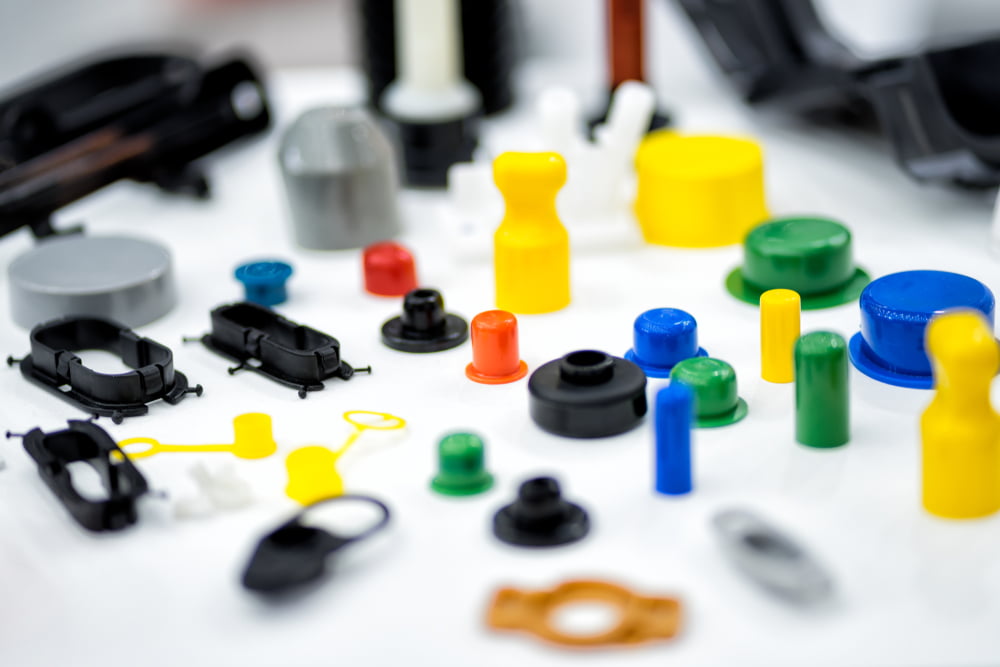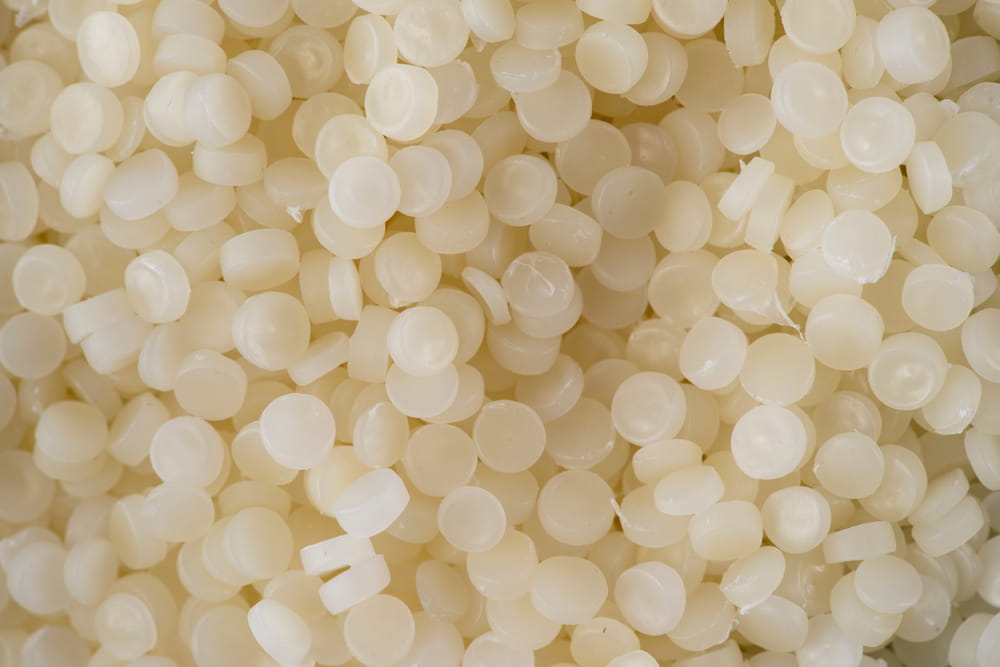Plastic injection molding is one of the most advanced processes for manufacturing a variety of highly specialized plastic parts and components. This type of molding can create intricate parts per customer’s exact specifications in great volumes and with great precision, making it an accurate and cost-effective procedure. However, before beginning to type in “plastic injection molding companies near me” in your browser, learn more about the process.
What are some important terms related to plastic injection molding?

- Additive: Additives are compounds added to resin to enhance the appearance and the performance of the finished product.
- Barrel: This is an essential part of any plastic injection molding machine as it is used to transfer plastic granules from the hopper to a nozzle. It is also heated so it can melt pellets into plastic resin.
- Clamping force: This describes the total amount of force needed for keeping the mold firmly in place as the molding process takes place. Very many defects in production occur due to insufficient clamping force.
- Colorant: Colorants are pigment systems that mostly come in the form of pellets, liquids, and powders. The operators mix colorants with plastic resin until they attain the desired color of the plastic.
- Gate: The gate is a channel within the injection molding machine that transports melted plastic directly into the mold.
- Electric process: Plastic injection molding saw the introduction of electric presses in 1983. This technology is very quiet during operations, it has a higher production accuracy, and it’s faster than the alternatives.
- Hopper: This is a storage container for plastic before it’s used in plastic injection molding.
- Hydraulic process: Hydraulic processes are the predominant method for plastic injection molding. A hydraulic press does not offer the same level of accuracy as the electric press, but it lowers production costs.
- Maximum injection velocity: This is the highest possible speed that allows for safe and accurate injection of plastic into the cavities of the mold.
- Mold: This is an intricate, carefully-designed hollow object that gets injected with plastic during molding. They are specifically manufactured per the specifications of the part or component the client requires.
- Mold cavity: The cavity within the mold, in the shape of the desired product, is called a mold cavity.
- Nozzle: This is a metal nose with a hollow core that forms a pressurized seal at the end of the barrel.
- Resin: Resins are raw materials used for creating the end product of plastic injection molding. Resins come in many varieties, such as polyacetal, acrylic, rubber, nylon, polyefin, ABS, etc., and they all have specific characteristics.
- Runner system: This is a channel system that guides the melted materials to the mold to adequately fill out all the cavities.
- Vent: This is a channel that goes from the cavity of the mold and allows the escape of air or gas during injection to prevent defects.
Who is the leader among plastic injection companies near me?

However, there’s an easier way to choose your plastic injection molders – contact Wunder Mold and outsource your requirements to us. We offer a fully customer-centric manufacturing process that incorporates your specific requirements. We will use only the most suitable resins of the highest quality to ensure adequate performance of your part. Reach out to us by sending an email to sales@wundermold.com or by calling us at (707) 448-2349.